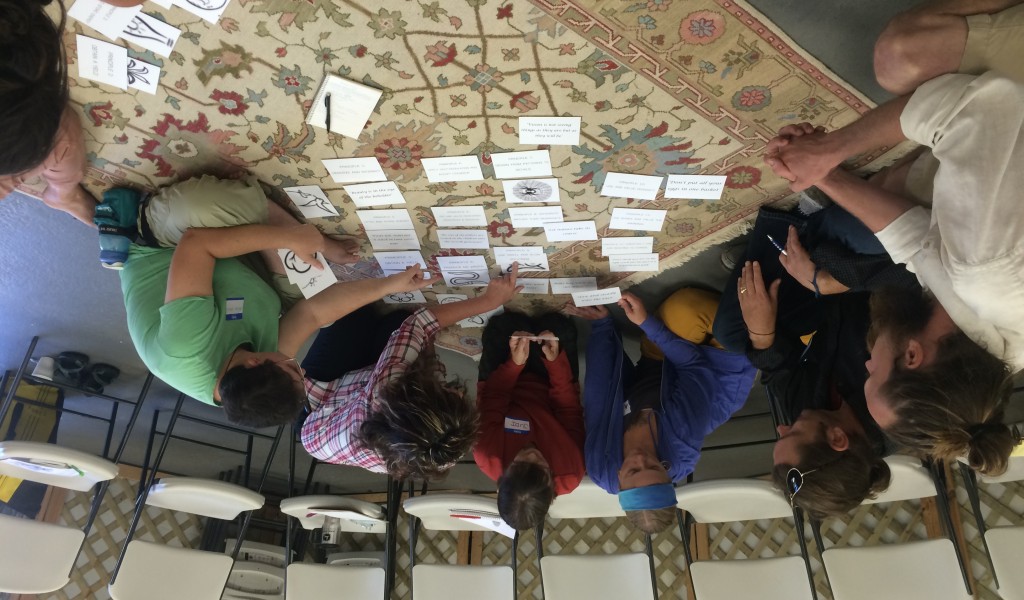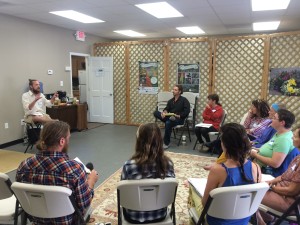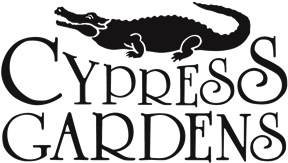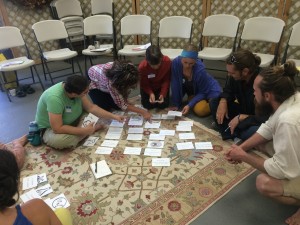Introduction to Permaculture in Charleston SC

Thanks to everyone that made it out to the Introduction to Permaculture last Saturday. What an amazing group of people! We spent the morning looking where Permaculture has come from, where it is going, and the ethical framework that guides it.
Permaculture: a beginning
 The permaculture concept was originally conceived by Bill Mollison and David Holmgren in the 1970’s, with the first book Permaculture One being published in 1978. In 1988 Bill Mollison published Permaculture: a Designers Manual which has gone on to set the foundation for the movement and the curriculum for PDC’s. The concept has gone on to spread around with world, with permaculture practitioners in countries all over the world. Since the original idea, the scope of permaculture has been expanded by countless students seeking the broaden the impact of permaculture.
The permaculture concept was originally conceived by Bill Mollison and David Holmgren in the 1970’s, with the first book Permaculture One being published in 1978. In 1988 Bill Mollison published Permaculture: a Designers Manual which has gone on to set the foundation for the movement and the curriculum for PDC’s. The concept has gone on to spread around with world, with permaculture practitioners in countries all over the world. Since the original idea, the scope of permaculture has been expanded by countless students seeking the broaden the impact of permaculture.
Permaculture draws its main inspiration from:
- Nature
- Modern Science
- Indigenous Cultures
Ethics of Permaculture
Care for the earth
The Earth is a living, breathing entity. Without ongoing care and nurturing there will be consequences too big to ignore.
Care for People
If people’s needs are met in compassionate and simple ways, the environment surrounding them will prosper.
Set Limits to consumption and reproduction, and redistribute surplus
We are provided with times of abundance which enables us to share with others.
*This ethic is also commonly referred to as Fair Share or Future Care*
We finished up the morning by exploring Permaculture as a design science, and how it can be applied to life here in the lowcountry.
The afternoon found us talking about homescale permaculture, focusing on Zone 1 and Zone 2.
Zone 1
Zone 1 is the most intensively used area and is often clustered around the house or main dwellings. This area is visited multiples times a day and includes those elements that require close observation, frequent visiting, high work input or continual complex techniques. Common elements include;
- Rainwater tanks
- Intensely managed home gardens
- Tool shed
- Nursery
- Dwarf fruit trees
- Small, quite domestic animals like fish, rabbits, worms or pigeons.
- Herb spiral
Zone 2
Zone two is still intensively managed, but less so than zone 1. Spot mulching in orchards, main crop beds, and ranging animals with housing attached to zone 1 are all used. Structures such as terraces, small ponds, hedges and trellis are located in this zone. Zone 2 includes:
- Animals
- Food Forest
- Orchards
- Greenhouse
- Barn
Surplus Permaculture talk w/ South Carolina Master Gardeners

Permaculture Solutions to Urban Gardening
Presenter: Nick Tittle
Gardening Lunch and Learn, Cypress Gardens
October 29, 2014 Noon-1:30 PM
Learn how this worldwide movement of ecological farming is taking roots in urban settings to address problems such as soil degradation, loss of natural habitats, and lack of access to fresh foods.
Contact Dwight at dwilliams@berkeleycountysc.gov
Free for Master Gardeners and those with Cypress Gardens Season Passes, $10.00 per person for others. Bring your lunch or a dish to share.
Surplus Permaculture Featured on Radio

Nick Tittle, one of the lead designers of Surplus Permaculture, was featured on Sirius XM radio for a segment about food justice. Nick introduced to topic of Permaculture to Left Jab Radio and recieved great reviews. The producers have asked him to come back and speak about more issues such as: water, sustainability, and environmental design.
Listen to the Interview here:
North American Permaculture Convergence 2014

We had a great time at the convergence, seeing old friends and making new ones.
Check out Dan Halsey's recap of the 2014 North American Permaculture Convergence.
http://permaculturenews.org/2014/09/10/north-american-permaculture-convergence-2014/
Urban Permaculture Introduction workshop in Detroit @ The Win/Win Reactor!
Join us for win/win reactor’s very first Introduction to Permaculture Course! Perfect for anyone with little experience of Permaculture & a great opportunity for those of you with some prior experience to brush-up. It’s short, sweet, & jam-packed!
 surpluspermaculturedesign
surpluspermaculturedesign

